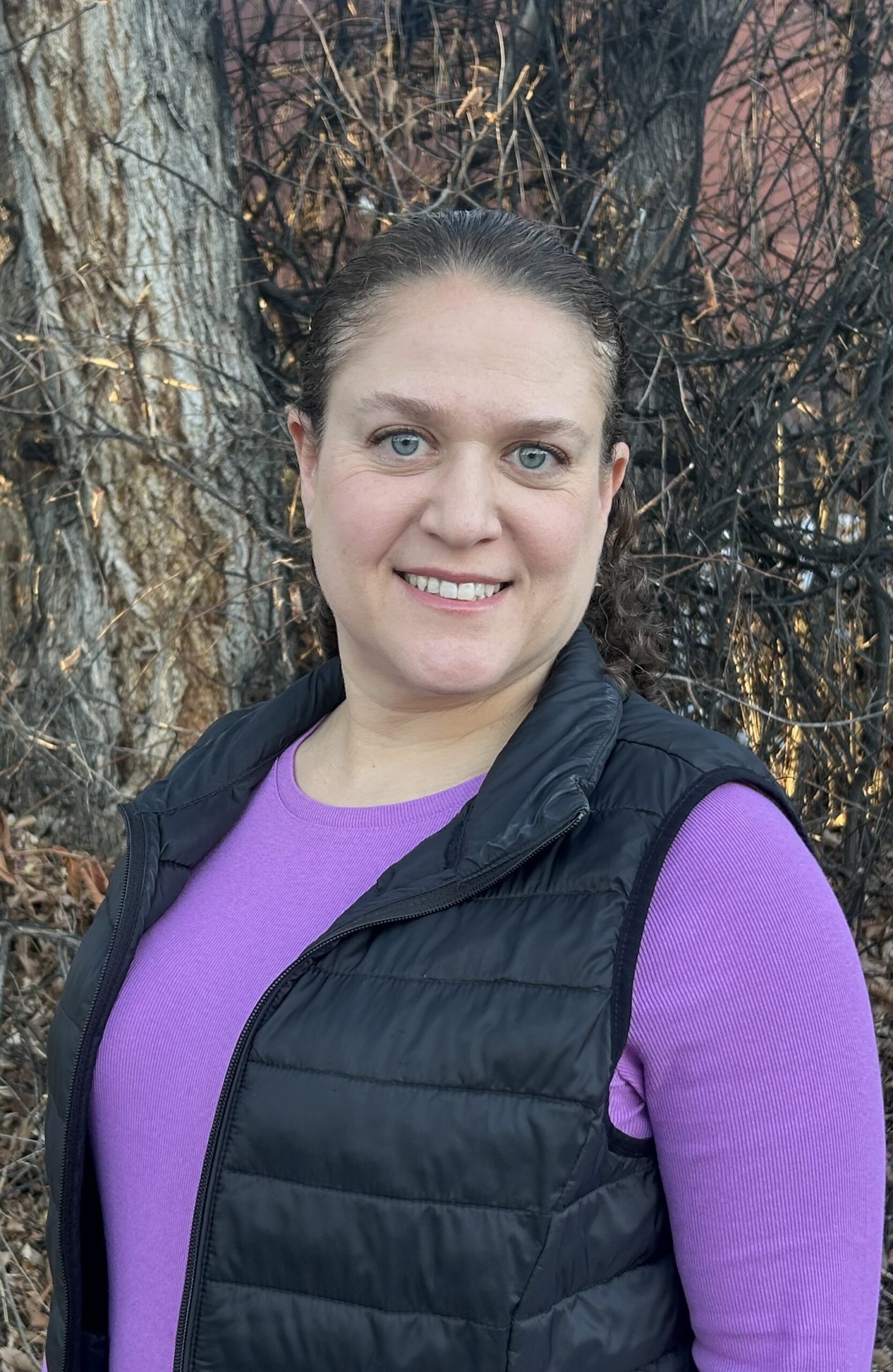Recognizing and Preventing Burnout as a Mental Health Professional
By Irrit Mihok
As mental health professionals you are trained to assess, diagnose and treat mental health disorders. Some of you work with a range of different types of people and diagnosis and others specialize in one type or area of diagnosis or population. However, all of you strive to form therapeutic relationships with your clients and provide them with the support and treatment that they need on an ongoing basis.
But how does it affect you? What are you doing to assess yourself and what you need to do to continue to be successful as a mental health professional?

Reasons Why Therapists Get Burned Out
As much as you strive to help others, it may come as a surprise that on average it only takes about 6 months to get burned out, if you aren’t taking steps to prevent burnout. During the treatment process, you have constant exposure to clients’ emotional distress. You work to be empathetic, to connect with clients, and bring hope for the future. You may have heavy caseloads, and/or time constraints. You may have a lack of support.
All, or just some of these reasons, can add up and lead to burnout. It is important to assess yourself and be honest if you are headed towards or have already reached a state of burnout.
Symptoms of Burnout
- Feeling isolated or lonely in your work
- Not wanting to come to work
- Feeling overwhelmed
- Being emotionally exhausted
- Having difficulty connecting with clients or detaching from clients
- Experiencing a decrease in empathy
- Loss of personal and/or professional fulfillment
- Difficulty with sleep, headaches, gastrointestinal and other physical stress symptoms
- Lack of hope
- Trouble focusing
- Withdrawal from relationships, personal and professional
Steps to Combat Burnout
The first step towards addressing burnout is knowledge or an understanding of the signs and symptoms. The next steps include engaging in self-care activities, setting healthy boundaries, getting supervision or consultation (also known as peer support), and pursuing continuing education.
As a mental health professional myself I have worked in multiple levels of care and in different settings throughout my career. I can say that supervision and consultation, both group and individual, have been an important factor in my growth.
On the flip side, when I was not engaged with a clinical supervisor I did experience symptoms of burnout. Consulting with other clinicians, within a confidential environment, was always helpful to me in providing hope, encouragement, ideas, processes, and confirmation regarding my work.
Supervision and Consultation Help With Burnout
There are a couple of ways to get support for your burnout. The first is through individual consultation or supervision. These individual sessions with a supervisor give you space to reflect on your process. To have another professional to discuss client process and treatment with while also evaluating your own process as a clinician. Having the room to discuss any issues that may come up as a mental health provider.
The second is through group consultation and supervision. Getting support through a group environment allows you to hear multiple opinions and ways to work through issues with clients. You also have space to discuss client processes and techniques. Both individual and group options, whether it be supervision or consultation get you ‘off of the island’ of isolation within your profession.
I believe it is important to find the right fit with a supervisor, someone who has experience with similar populations, or experience within areas where you are seeking growth. You want to feel comfortable discussing and processing your work as a mental health professional. Ask questions about their style and experience making sure you are confident in being able to build a relationship with them.
Continuing Education
Continuing education is another way that professionals can avenue to get support while also finding community. You can learn new techniques or enhance treatment modalities you already know. There are options for in-person clinics, seminars, or conferences. There are also many options for online or virtual continuing education as well depending on your schedule’s flexibility. The cost is minimal and the support, education, and feeling of community are invaluable.
If you are experiencing symptoms of burnout don’t wait any longer. Start taking the steps to take care of yourself as a mental health professional for your long-term success.
How We Can Help
At Firelight Supervision, we understand the emotional toll of being a mental health professional. Which is why we provide both individual and group supervision and consultation for whatever your need may be. All of our services are virtual making us easily accessible for all. Our team of clinical supervisors has a variety of experiences and specialties to make sure that we can help any therapist, social worker, clinical supervisor, or counselor looking for support!
Another resource and service that we offer is access to continuing education. We have monthly virtual Lunch and Learn Clinical Trainings offered at a low cost that focus on a variety of clinical topics that count toward CE hours if you attend live!
Whether you’re feeling overwhelmed, isolated, or just need space to reflect, we’re here to help you build the career that you want. Reach out today for a free 20-minute phone consultation and take the first step toward balance and professional growth.
Author Bio

Irrit Mihok is an administrative assistant with Firelight Supervision who is a Licensed Professional Counselor in Colorado. Irrit has worked as a counselor in residential treatment, community mental health, and owned a private practice. Irrit is also an official with US Figure Skating and a blog author.



